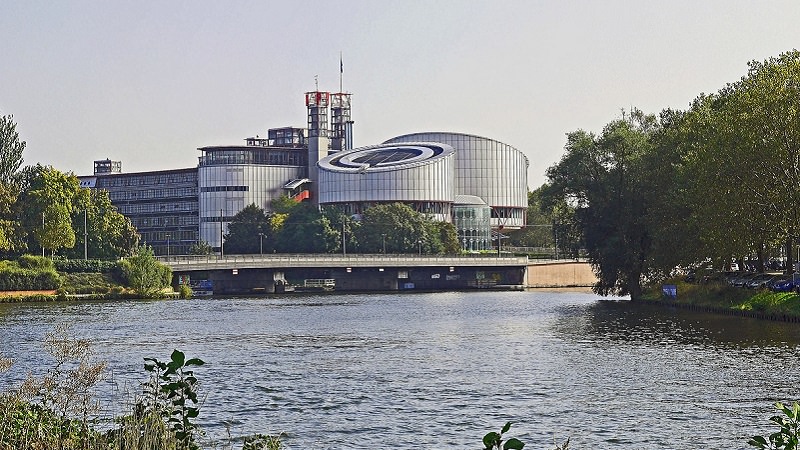YouTube is not automatically liable for content on its own platform, but can make use of the provider privilege, the European Court of Justice has ruled. However, the decision is not based on current copyright law.
Can YouTube and other platform operators be held liable for the content on their portals? This question has been driving the Internet community for some time. The European Court of Justice (ECJ) has now made a decision on the subject – albeit for content from 2008.
What is at issue before the ECJ?
The plaintiff is music producer Frank Peterson. He has been in dispute with the video platform for years – most recently before the Federal Court of Justice. The dispute concerned songs by British soprano Sarah Brightman and recordings of her live performances, to which Peterson holds exploitation rights and which users uploaded to the platform in 2008.
A second case involves the sharehosting platform Uploaded, against which the specialist publisher Elsevier has taken legal action. The publisher complains that users have uploaded medical textbooks to the platform, to which the publisher holds exclusive rights.
The European Court of Justice has now taken up the matter and reached a decision. According to the decision, the platforms are liable for infringements only under certain conditions.
The decision of the European Court of Justice
The ECJ’s rulings fall under EU copyright law, which is valid until 2019. In order not to be liable, platforms are only allowed to provide their services, but not to contribute to the distribution of content.
Uploaded’s case is clear here. The ruling states:
Thus, with regard to the sharehosting platform Uploaded, it is clear that the download link that provides access to an uploaded content is transmitted exclusively to the user who carried out the upload and that this platform itself does not offer the possibility of sharing this link and thus the uploaded content with other Internet users.
YouTube benefits from provider privilege
With YouTube, on the other hand, the case is not quite so clear-cut. However, the platform can invoke provider privilege. According to this, platforms only have to actively intervene if they have been specifically made aware of copyright infringements.
This is the case, for example, if a rights holder complains about certain content on the platform. This passive role of the platforms allows them to claim exemption from liability.
The ECJ specifically ruled in the YouTube case that the platform “is not involved in the creation or selection of the content uploaded to it by the users of its platform and does not screen or control that content before it is uploaded, which is done by an automated process.”
It is “not apparent that the business model of this platform is based on the presence of infringing content.” YouTube also prohibits the uploading of copyrighted content in its terms of service.
Rulings have no bearing on current copyright law
However, the rulings of the European Court of Justice have no bearing on the copyright law currently in force in Germany.
The reform of European copyright law was passed in 2019 and has now also been translated into German law. It states that platform operators must be liable for copyright infringements by their users.










